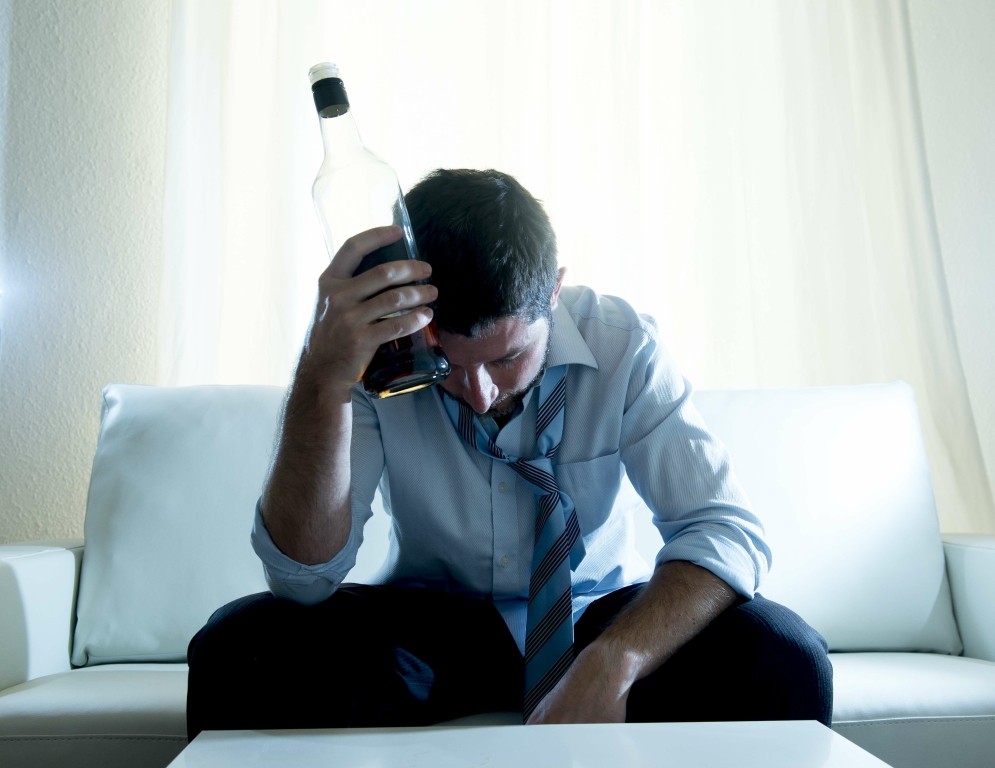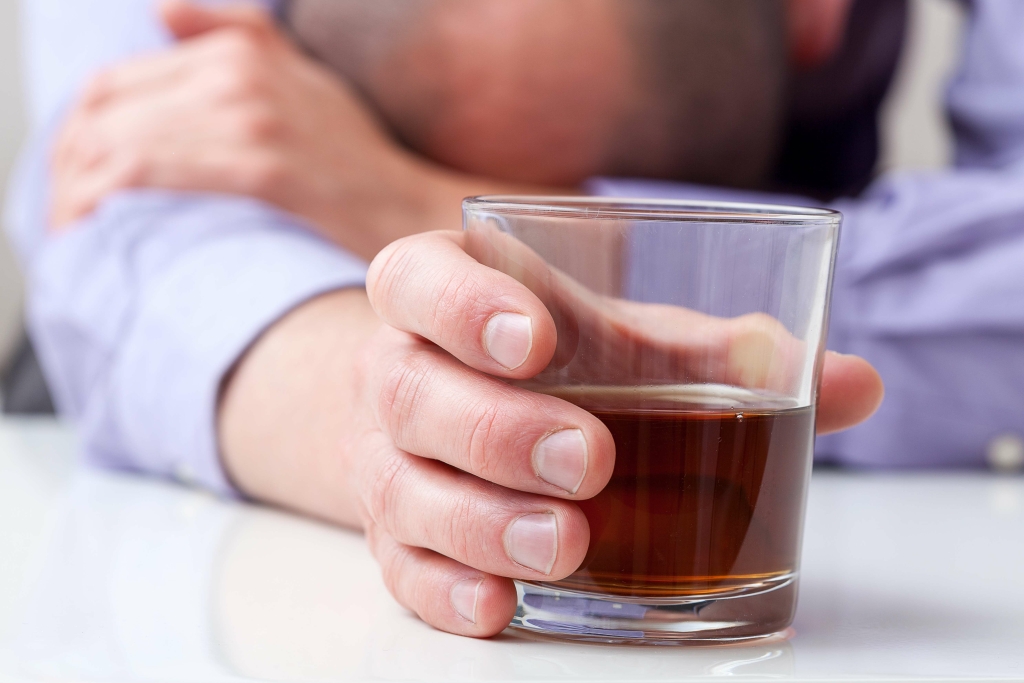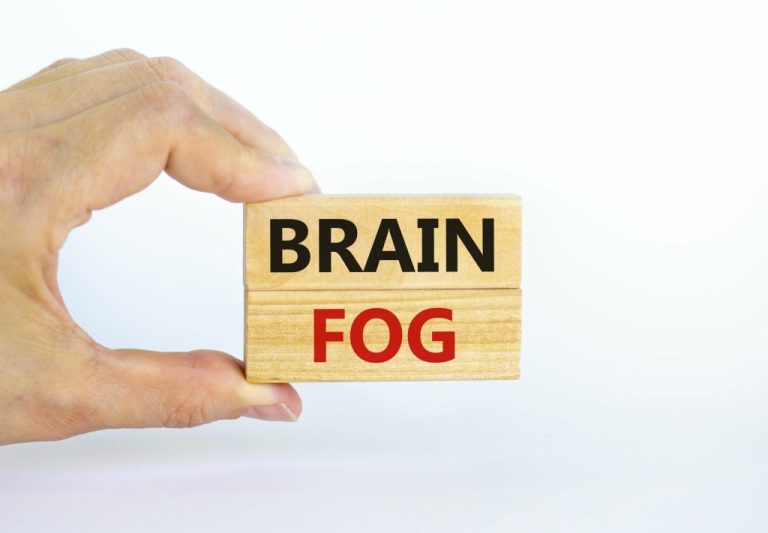Triggers are internal or external cues that can set off cravings or the urge to drink. They can be thoughts, feelings, situations or even places that remind you of drinking, or make you want to use alcohol to feel better or cope. Most people who experience cravings find it difficult to control on their own. One of the ways to control alcohol cravings is through medically assisted treatment. Breaking this loop can help a person overcome alcohol cravings and manage their alcohol intake. They can break this loop by avoiding triggers when possible, distracting themselves in the moment, and practicing relaxation techniques.
- Eating at regular intervals is especially important for maintaining balanced blood sugar levels throughout the day.
- Trying to squash or push away the urge will only make it stronger, so accept what you’re experiencing without guilt and seek a productive way to deal with it.
- They then find the day after drinking they suffer from “anxiety” and feel even worse.
- Does the sensation move, or does it always stay in the same place?
How to Cope with Cravings: 10 Helpful Tips
This generally includes meditation, but you might also choose to set daily aspirations, or practice performing everyday activities mindfully. Proper nutrition plays a critical role in managing alcohol cravings. Deficiencies in essential nutrients, particularly B vitamins Halfway house and magnesium, are common in individuals recovering from alcohol dependence9. Take a moment to visualize the benefits of sobriety and the positive changes that will come from overcoming alcohol cravings. Remind yourself of your long-term goals and the rewards that await you on your journey.
- Make a list of distractions to use when a craving strikes.
- Engage in relaxation techniques such as deep breathing, meditation, or yoga.
- This is likely because you used alcohol to block or numb uncomfortable emotions.
- However, with the right coping mechanisms in place, you can overcome cravings and continue along your path to wellbeing.
Practice Mindfulness and Meditation
Reminding yourself of the consequences of alcohol use can be a powerful deterrent. Now we know what cravings are, what types of cravings exist, and even what causes cravings. Let’s start with this disclaimer – you won’t be able to avoid cravings altogether. When a craving feels absolutely irresistible, and you can already envision the gratification you’ll experience if you give in, force your mind to stop and “play the tape”. Once you analyze the repercussions honestly, you’ll quickly realize that giving in is Just.
(That can be helpful in dealing with urges to use drugs, too)
By altering cognitive processes linked to alcohol consumption, CBT can create a beneficial cycle, reducing cravings and facilitating healthier choices. Distraction techniques focus on shifting one’s attention away from cravings. This can range from engaging in physical activities, such as jogging or swimming, to intellectual stimulants like reading or solving puzzles.

What is Cross Addiction?
Remember that managing alcohol cravings takes time and practice. Be patient with yourself and seek support from professionals if needed. Creating mindfulness around likely cues https://tsavdaridis.net/2021/09/15/can-alcohol-induced-neuropathy-nerve-damage-be/ for alcohol cravings provides you with more awareness, so they are less likely to throw you off balance or lead to alcoholic relapse. Anti-craving medication for alcohol can be a helpful tool in assisting recovery from alcoholism. There are a number of medications that are currently approved for the treatment of alcohol use disorder.
Recognize and Avoid Internal and External Triggers
Alcohol might affect your hormones during your period, so it’s natural to what helps curb alcohol cravings crave alcoholic beverages. Excessive mood swings and irritability are symptoms of PMS. When you’re on your period and craving alcohol, you need more iron, but sipping some won’t help. Unless you deal with your cravings, they will last only a short while. Our feelings arise and fade harmlessly, so you are in no danger as long as you acknowledge and accept them. Anxiety and depression are symptoms of PAWS, irritability, cognitive problems, self-defeating thoughts, insomnia, and obsessive-compulsive behavior.
- Another helpful way to combat cravings is to develop a support system.
- Avoiding things that trigger alcohol cravings can be a helpful strategy early on in your efforts to change your drinking and manage your urges.
- You may drink to avoid certain feelings, for instance, but you also may drink to enhance certain feelings.
Behavioral Therapy

It’s essential to note that stopping alcohol cravings and reducing alcohol consumption requires a gradual process. Abruptly cutting back on alcohol (especially if we’ve been drinking heavily) can sometimes lead to withdrawal symptoms, which can be dangerous without medical supervision. That’s why we recommend cutting down by no more than 10% per week. Professional support can guide us in safely reducing or ending our alcohol consumption over time, as well. A critical component of stopping alcohol cravings is self-care.

Different approaches work for different individuals, and a healthcare provider can help tailor a treatment plan that fits the individual’s unique needs. Also, there is medication available that can help manage cravings. These should be used under the direction of a healthcare provider.
